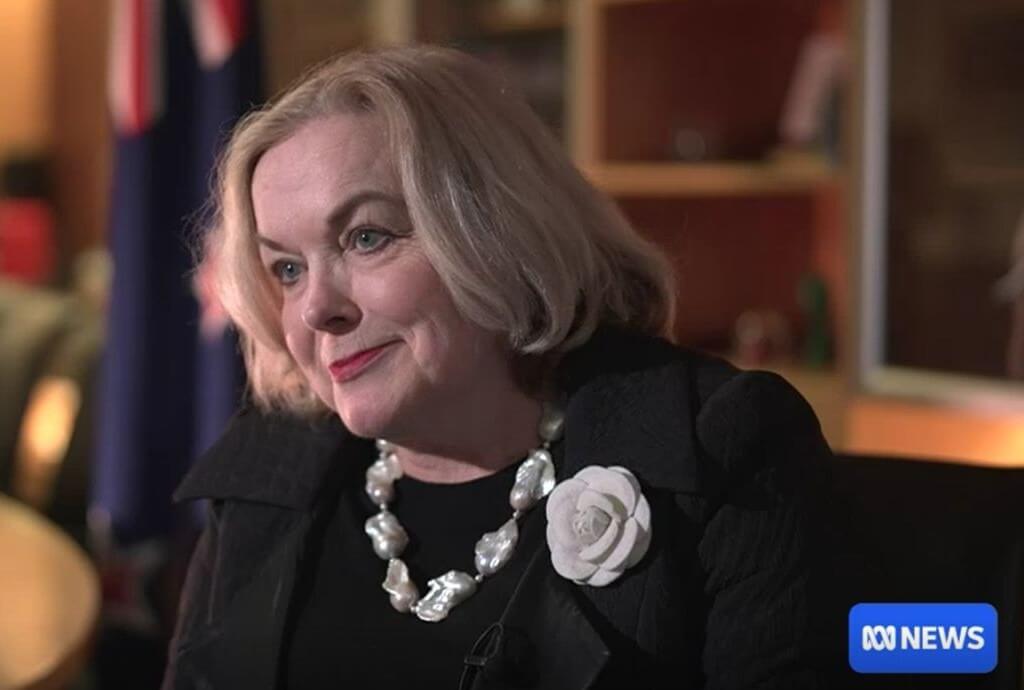Summarised by Centrist
A central pillar of the government’s climate plan is now in doubt, after Todd Energy confirmed its carbon capture and storage (CCS) project at the Kapuni gas field is commercially unviable without further incentives.
The plant was expected to deliver a third of the emissions cuts required to meet New Zealand’s 2025–2030 climate targets.
In 2027, Todd had aimed to store up to 2.7 million tonnes of CO₂ underground.
Government planners relied on this project to help offset emissions after scrapping other carbon-reduction measures like clean energy subsidies and stronger car import standards.
Now, the company says falling gas yields and low carbon prices have eroded the project’s economics. “The additional facilities required to capture the CO₂ and compress it for injection are very expensive,” a Todd spokesperson said. “Had a regulatory framework been in place five years ago, the commercial viability of the project would look quite different.”
Current emissions trading scheme (ETS) prices of around $50/tonne are far below what’s needed to fund CCS, which Todd says carries high fixed costs. “As gas reserves decline and there is less and less gas to process, the $/tonne price required is progressively increasing.”
Energy Minister Simon Watts confirmed legislation for a CCS regime is still coming, and said the ETS would allow emitters to earn credits for storing carbon, but offered no subsidies or price guarantees.



















